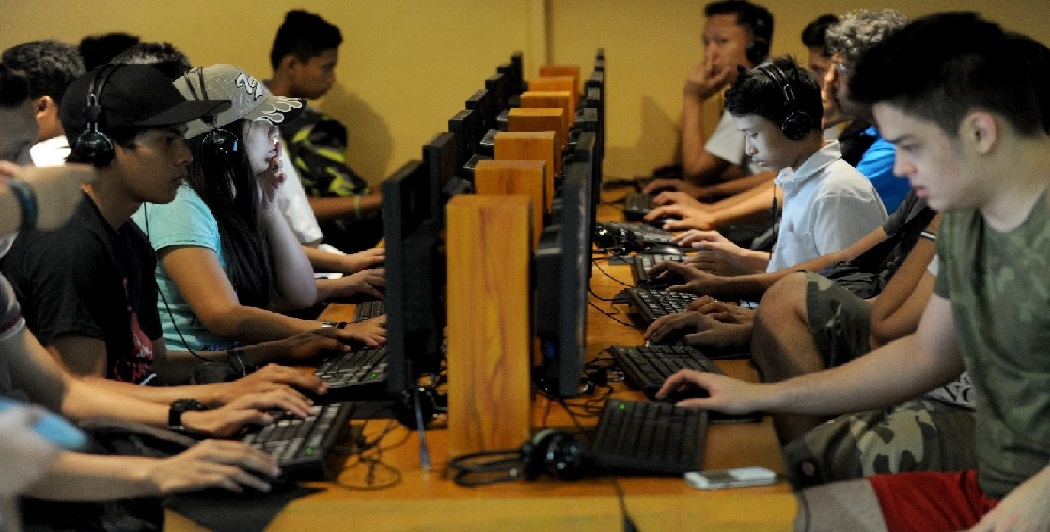As China Cyber Threat Grows, Philippines Understaffed Security Team Turns to Hackers for Help

Defense News ,Philippines :- Recent
problems in the South China Sea have shown that the Philippines is
vulnerable at sea. But there is an even bigger problem – cyberattacks
sponsored by other countries, and the Philippines is not fully prepared
to deal with them.
In a report from November, a group called
Stately Taurus from China was accused of attacking a Philippine
government agency. This happened at the same time as clashes between the
two countries in the South China Sea. Palo Alto Networks, a US
cybersecurity company, says Stately Taurus actions match the interests
of the Chinese government.
Philippine officials find it hard to
blame a specific country for cyberattacks, but the country faces many
online security breaches. In the third quarter of last year, more than
60,000 user accounts were compromised, making the Philippines one of the
top 30 most-attacked countries globally. In September, the Philippine
Health Insurance Corp. had a massive data leak, and hackers also defaced
the House of Representatives website a few weeks later.
Sherwin
Ona, a cyberdefense consultant, says cyberattacks are a bigger threat
than water cannons. Unfortunately, the government cyber response team is
small, with only 35 members. They sometimes have to work with anonymous
"black hat" hackers who may have attacked government websites before
but are now willing to give tips on upcoming threats.
Jeffrey Ian
Dy, undersecretary at the Department of Information and Communications
Technology, says they lack the funds to address the problem properly.
The Philippines can not offer competitive pay to recruit and keep cyber
experts in government agencies. Ideally, the team should have about 200
members, but currently, they are doing their best with just 30 people.
Its
not just the government agencies taking notice of the threat. Romeo
Brawner Jnr, the chief of staff for the Philippine armed forces,
announced plans to recruit more "cyber warriors" in October. He believes
that cyber threats are almost a daily issue, including from
unidentified foreign forces.
Worldwide, governments have been
warning about China potential digital threat. The US Office of the
Director of National Intelligence highlighted China as a major cyber
espionage threat. China Foreign Ministry denied these accusations,
stating that it opposes baseless rumors and slanders. Sherwin Ona points
to Taiwan experience, saying that China is using Russia playbook
against its adversaries.


